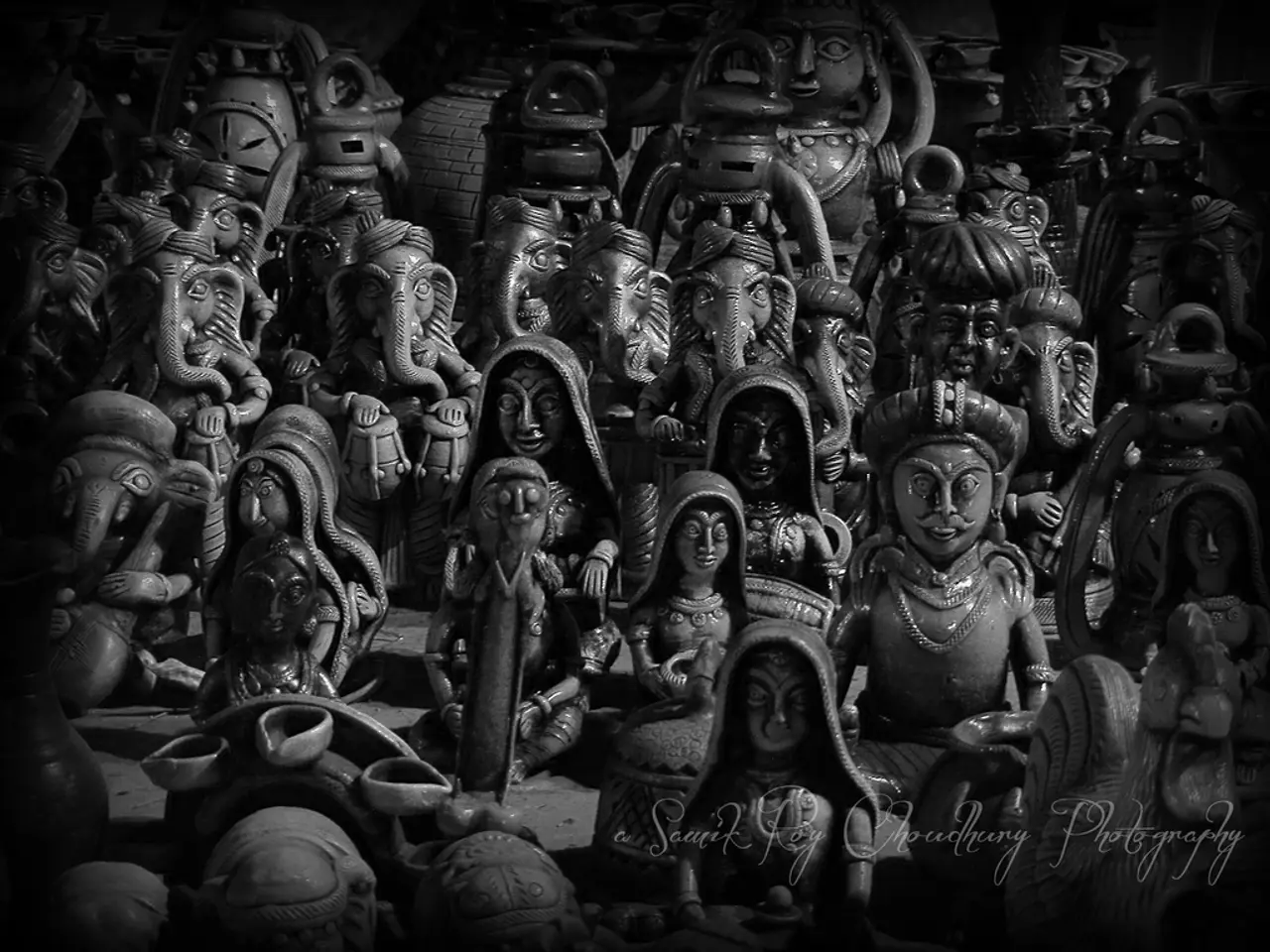Throngs of people gather to celebrate the 90th birthday of the Dalai Lama at his home-in-exile.
In the heart of India's Dharamshala, thousands gathered to celebrate the 90th birthday of the Dalai Lama, a spiritual leader and Nobel Peace laureate known for his message of compassion and his quest for greater freedoms for Tibet under Beijing's rule. As the birthday celebrations unfolded, a significant controversy emerged regarding the succession of the Dalai Lama, with the authority to recognize his successor becoming a contentious issue.
The Dalai Lama himself has affirmed that he will have a successor, and that the Gaden Phodrang Trust, an office established by him, holds the sole authority to recognize his reincarnation. This decision reasserts the traditional Tibetan Buddhist process and excludes any external interference, including China's attempts to assert control over the reincarnation process for political gain.
Leaders from all four principal schools of Tibetan Buddhism, including the Nyingma, Sakya, Kagyu, and Gelug, convened in Dharamshala to discuss the reincarnation issue and issued a strong condemnation of China’s repeated attempts to insert itself into the recognition process. They emphasized that the reincarnation must be resolved strictly according to Tibetan Buddhist tradition and rejected China's political motives behind their interference.
China, however, maintains that the succession of the Dalai Lama must be approved by the Chinese government, and has attempted to assert control by promoting its own candidate. This contradicts the Tibetan Buddhist leadership's authority and threatens to create a division with potentially rival Dalai Lama claims—one chosen by Beijing, and one recognized by the Tibetan spiritual authorities abroad.
The controversy has significant religious, cultural, and geopolitical implications, with growing fears of competing Dalai Lama claims in the future. The Dalai Lama has stated that his successor will be born outside China, a move that signifies a major setback to the Chinese government's efforts to consolidate control over Tibet culturally and politically. By ensuring the next Dalai Lama emerges from outside Chinese authority, the spiritual leadership of Tibetan Buddhism remains a symbol of resistance to Chinese cultural imperialism and Han expansion in Tibet.
As the controversy unfolds, the Dalai Lama was celebrated by many, with Barack Obama wishing him a "very happy birthday" and thanking him for his friendship and commitment to compassion and freedom. Indian government ministers, Hollywood actor Richard Gere, and world leaders, politicians, lawmakers, and artists extended heartfelt messages to the Dalai Lama on his special day.
Despite the controversy, the Dalai Lama's message of peace and compassion resonated with the crowds who packed the narrow streets from early morning and queued in droves hoping to catch a glimpse of the spiritual leader at the Tsuklakhang Tibetan Buddhist complex. As the festivities began, singing performances filled the courtyard, and the Dalai Lama was served a slice of his birthday cake, topped with fresh fruit and a white lily.
In his birthday message, the Dalai Lama emphasized the importance of "achieving peace of mind through cultivating a good heart and by being compassionate." As the world watches the unfolding controversy, the Dalai Lama's message serves as a reminder of the importance of unity, compassion, and peace in resolving the issue of his succession.
Celebrities, such as Richard Gere, have joined politicians and world leaders to extend heartfelt messages to the Dalai Lama on his 90th birthday, highlighting his influence in entertainment and general-news spheres. The Dalai Lama's rejection of China's political interference in the reincarnation process of his successor, a contentious issue in politics and general-news, reinforces the need for the Tibetan Buddhist leadership to maintain their autonomy and resist Chinese cultural imperialism.




